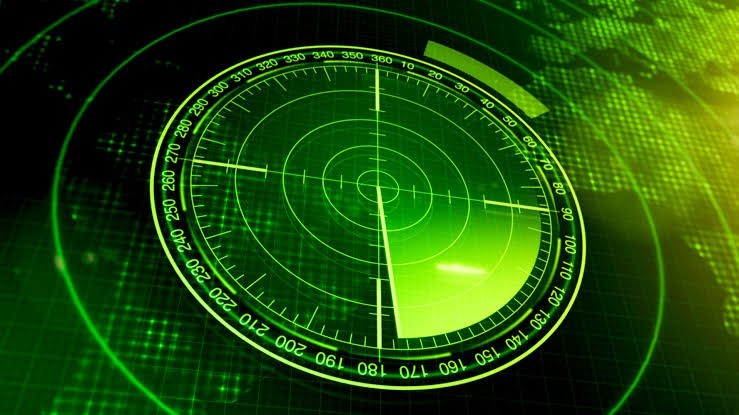Tunisia’s call for tenders to replace its ageing radars has witnessed a dramatic twist as Turkish defence electronics specialist Aselsan is already out of the race while Spain’s Indra group has taken the lead spot.
Last year, Tunisia sent a Request for Information (RFI) to several international radar companies, few days after its first International Aerospace & Defense Exhibition (IADE) held in Djerba in March.
The competition for the radar contract began with several Western companies including US Lockheed Martin, France’s Thales, Italy’s Leonardo and Spain’s Indra vying for the lucrative contract through the official channel.
However, Turkey’s Aselsan attempted to push it’s own Kalkan II radar system products through the backdoor even though it’s fails to meet Tunisia’s minimum benchmark.
According the Minister of Defence Brahim Bertégi at the Parliament, Aselsan was unable to meet Tunisia’s technical specifications which required a 360-km long- and 200-km medium range radars, and instead the Kalkan II radars have a maximum range of 120 km and are designed for point air defence systems.
The deal would have ultimately resulted in the purchase of four radars systems (two medium, close and two long-range) worth 40 million euros, and eight training aircraft worth 140 million dollars, a deal worth 72 million dollars for drones, 148 armored cars, 83 military trucks, naval armor, land forces, light military equipment and a project to manufacture armored vehicles and two ships in Tunisia.
At the beginning, Aselsan relied strongly on the Turkish President Recep Tayyip Erdogan strategic relationship with Tunisia as well as his financial backings reaching up to half a billion dollars through the Türk Eximbank.
The improvement in relations between Turkey and Tunisia resulted in the contract with the Turkish aerospace company TAI, for the supply of the ANKA-S Unmanned Aerial Vehicle in March this year.
The deal ultimately fell through as the Tunisiam government could not pay for the UAVs despite significant financial backing from Turkey.
Geopolitical expert in Tunisia believes that President Kaïs Saïed is keen to show his independence from his Turkish colleague Recep Tayyip Erdogan, who wants him to support his war efforts in Libya.
With Aselsan eliminated, and US giant Raytheon withdrawn, several major international radar manufacturers are still in the race, among them Lockheed Martin, Thales, Leonardo and Indra.
Indra is tipped to win the competition since it has long been the preferred supplier of the civil aviation and airports office OACA. It supplied OACA with radars in 2010, and modernised the Tunisia’s airport management system.





